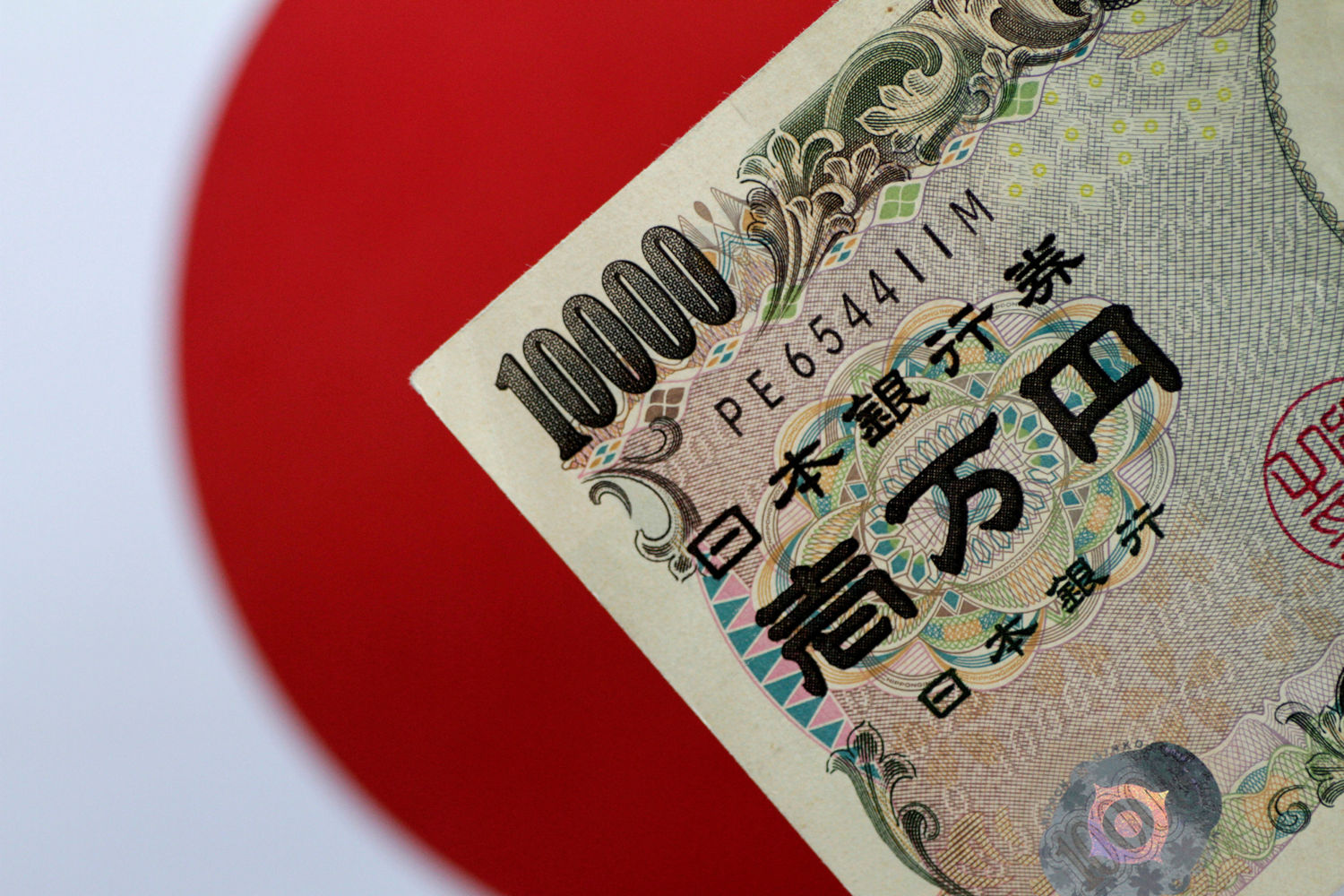Japan’s lawmakers have issued their strongest warning yet to investors selling the yen after the US dollar soared to a new 24-year high against the currency.
The US currency rose to 146.35 yen, a level not seen since August 1998 during the Asian financial crisis, moving above levels that triggered intervention by Japanese authorities last month to stem excessive yen weakening.
Currency intervention is costly and success in influencing the yen’s value in the huge global foreign exchange market is not guaranteed.
Investors also doubt the point of intervention given that the dollar’s strength has been driven by interest rate differentials due to widely divergent US and Japanese monetary policy.
Also on AF: Asia Stocks Stumble as Soaring Dollar, Sterling Woes Weigh
The yen was trading at around 146.20 to the dollar on Wednesday afternoon as traders braced for US inflation data and its implications on future US rate hikes.
“We are closely watching foreign exchange moves with a high sense of urgency, and ready to take appropriate steps on excess moves,” Chief Cabinet Secretary Hirokazu Matsuno told reporters.
Last month, Japanese authorities sold dollars and bought yen in a market intervention for the first time since 1998, spending 2.8 trillion yen ($19.2 billion) to slow a rapid slide in the yen that was considered a threat to the economy.
As for dollar-buying, yen-selling intervention, Japan has stayed out of the market since 2011 when the devastating earthquake and tsunami triggered the worst nuclear disaster in Fukushima since Chernobyl.
- Reuters with additional editing by Sean O’Meara
Read more:
Japan Banks on Tourism Boost From Weak Yen as Borders Reopen
Japan Ready to Back Yen Again, Vows Finance Minister
Why Japan Has Fallen Out of Love With a Weak Yen
























